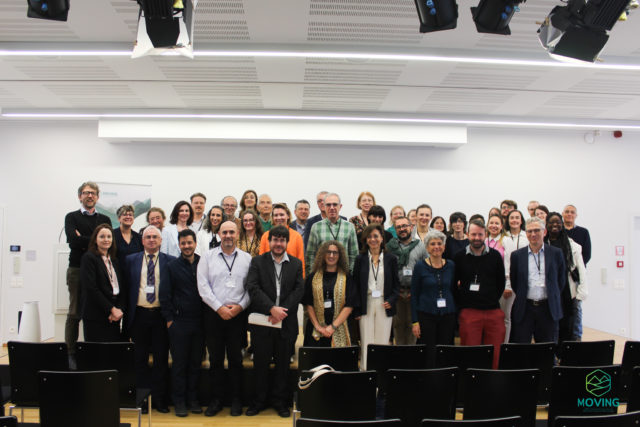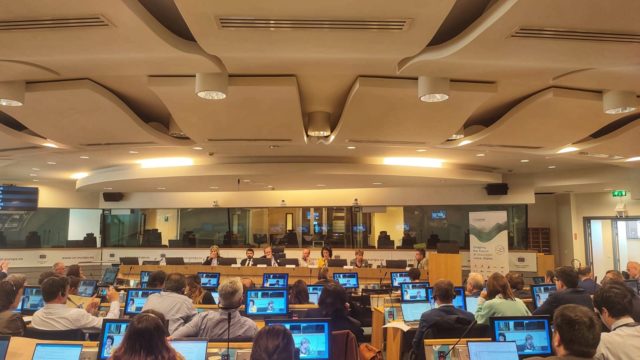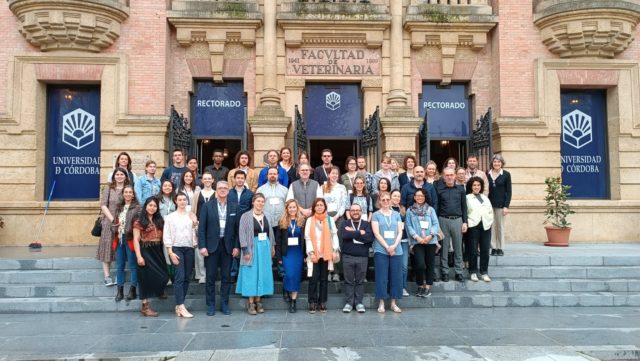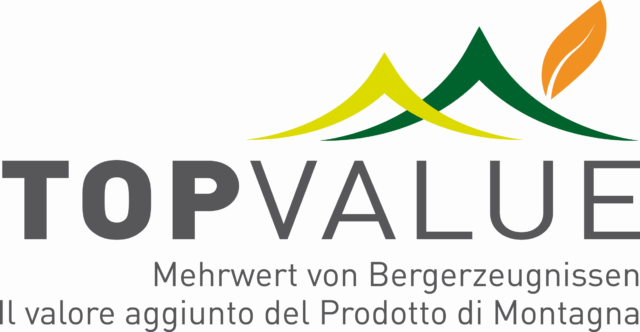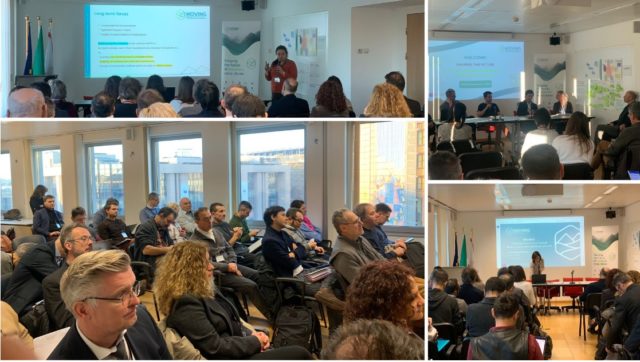In contrast to harmonised international food quality standards, local producers of food that is protected as geographical indication can adapt production rules. In a comparative multi-method case study approach, we analyse how constitutional and collective choice rules affect the negotiation of diverse interests and the adaptability of food quality standards in France, Italy and Austria. In France, a national organisation with a plurality of technical expertise guarantees the coherence of geographical indications based on notions of terroir and heritage. Italy’s rural development approach secures very elaborated voting rules for producer groups and broader interaction on the regional level to accomplish broadly legitimated decisions. In the Austrian intellectual property rights approach, producers self-define the constitutional and collective choice rules and have the fullest
autonomy and responsibility in standard setting. We conclude that polycentric interlinkages across scales and sectors – though delaying adaptation – support the long-term conservation of the products’ identity via broad legitimisation. Both, the autonomy of local producers to innovatively adapt to change as well as a strong product identity are key for the long-term viability of geographical indications.


